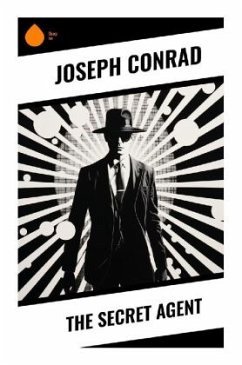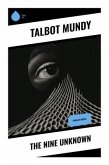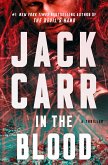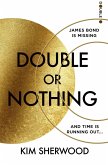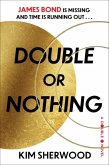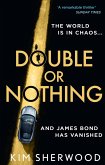Joseph Conrad's "The Secret Agent" navigates the treacherous waters of espionage, terrorism, and political intrigue in late 19th-century London. This novel unfolds through a complex narrative structure, employing rich characterizations and a penetrating psychological insight that deftly explores themes of betrayal, moral ambiguity, and the human condition. Conrad's prose is marked by a modernist style, intertwining elements of realism and impressionism, reflecting the chaotic nature of the world he depicts. The story centers around Adolf Verloc, a double agent entangled in a conspiracy that ultimately leads to a harrowing denouement, encapsulating the perils of duplicity in a rapidly industrializing society. Joseph Conrad, originally from Poland, brings a unique perspective to the world of espionage fiction, informed by his own experiences as a sailor and his understanding of European political dynamics. His fascination with the intricate workings of human motivations and the socio-political landscape is evident in this work, marking a departure from traditional adventure narratives. The novel was inspired by real events, particularly the 1894 Greenwich Observatory bombing, demonstrating Conrad's engagement with pressing social issues. For readers seeking a profound exploration of moral dilemmas and the darker facets of human nature cloaked in suspense, "The Secret Agent" is an essential read. Conrad's mastery of language and his ability to evoke tension within the complexities of character make this novel a thought-provoking journey into the psyche of those navigating the shadows of politics and ideology.
Bitte wählen Sie Ihr Anliegen aus.
Rechnungen
Retourenschein anfordern
Bestellstatus
Storno

